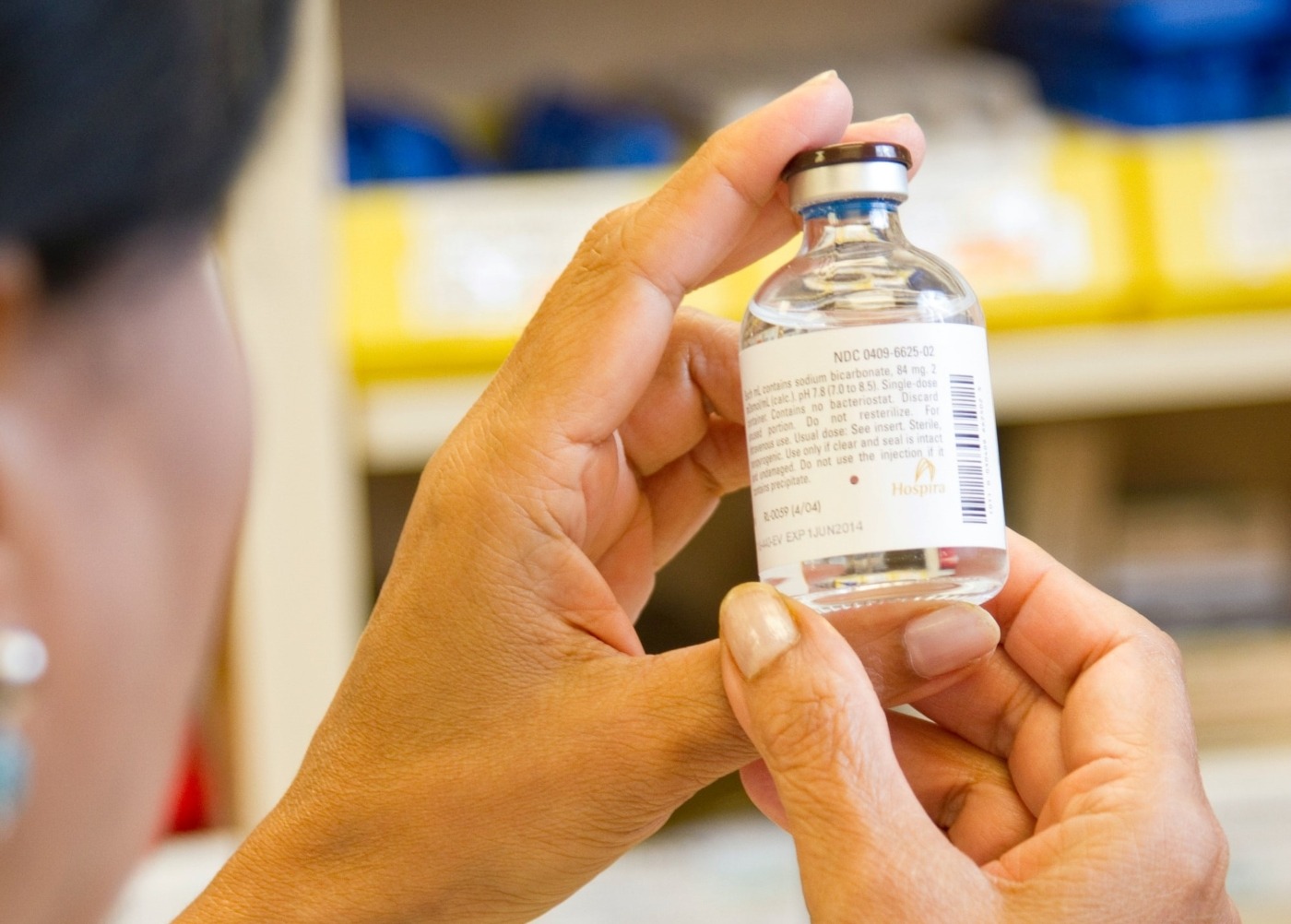Can we have discovery with moral conscience?
A common stereotype in science is that novel ideas or inspiration come fully formed inside the scientist’s head. As much as I would love to say, “I’ve cracked it !!” and scribble maniacally on a chalkboard, research experience has shown me that it is a long hard slog to get an answer with multiple people all chipping in.
But, as Newton put it: “If I have seen further, it is by standing on the shoulders of Giants.
Most, if not all, scientific work is indeed collaborative and born from using information from others’ research. Science can be a powerful tool, but wielding that power comes with responsibility. Who bears the responsibility? The scientist themselves? Those who publish the work? Or the thousands that came before them?
Although science can be used for human development, it can also be used for destruction
A particularly famous story is that of Alfred Nobel, famous for the Nobel prizes awarded in his honour. Alfred was a keen inventor, securing 335 patents over his life, with his most successful being the invention of dynamite. Dynamite was created to help people with mining and building, but it also helped create bombs, canons and rockets. This clearly shocked Alfred, and in his final will, he asked that all his money earned from dynamite should be invested into creating the Nobel prizes. He witnessed first-hand that although science can be used for human development, it can also be used for destruction, and it makes me wonder: would he have invented it if he knew the consequences?
This question has been asked many a time, both in fact and fiction. Widely considered the creator of science fiction, Mary Shelley’s Frankenstein probed blame and responsibility: Victor Frankenstein felt overwhelming guilt and responsibility for the creature that he made, leading to the Monster’s rejection and eventually the Monster’s rage.
Avengers: Age of Ultron investigates the same problem: when does the thirst for knowledge become too much? When does science go too far? And who is responsible for its control? Whilst I don’t think blame is a helpful concept, responsibility is. Wallace and Gromit can’t be blamed for Feathers McGraw trying to commit a heist with their stolen technology, but they certainly have a moral obligation to consider both the best and worst outcomes from their actions.
Banning all investigations is not at all helpful to human development
I don’t think controlling the gain of scientific knowledge is the answer. During the Dark Ages in Europe, there were very few medical advancements, as it was under the control of the Church. A doctor named Galen researched the human anatomy and believed it was God-made. This meant that Galen was loved by the Church, and the scientific discovery that went against Galen was thought to go against God and thus the Church itself. Dissection and investigation were banned, and those who didn’t agree with Galen’s theories were killed. Although Galen was an accomplished scientist, he was not correct about everything, and it slowed medical advancement for hundreds of years. Banning all investigations is not at all helpful to human development.
We must stay mindful of societal opinion and reflect that in our science, but not limit the possibility of discoveries
However, as society changes, science changes with it. Both the way we investigate and the questions we ask change. We must stay mindful of societal opinion and reflect that in our science, but not limit the possibility of discoveries. Though this seems like a tedious task, as the news is often wrought with controversy on things like stem cell experimentation, more often than not, society and science agree. For example, most countries don’t test on humans as a first resort. Pros and cons are analysed, animals are tested, and informed consent is given before we even begin human experimentation.
So, how do we keep ourselves responsible? The collaborative nature of science means that scientists are constantly asked to justify themselves through various rigorous testing methods and ethical reviews. Learning the history of other scientific discoveries will keep us mindful of the effect that science has. As George Santayana said: “Those who cannot remember the past are condemned to repeat it.” And both scientists, collaborators, the industry, and the general public, should make sure to be aware that “science sans conscience est la ruine de l’âme” (“science without conscience is the ruin of the soul”).

Comments